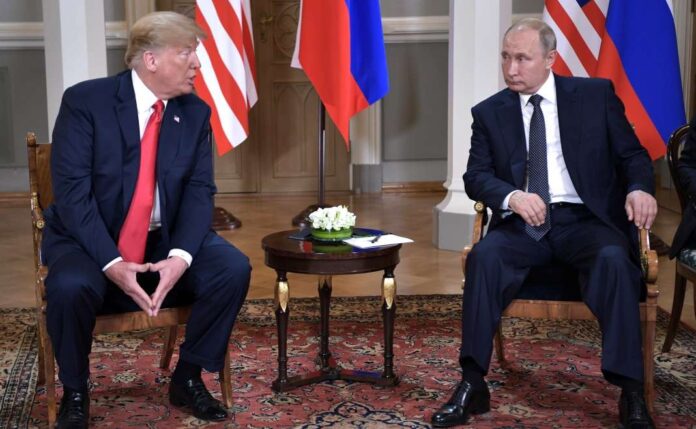The Grand Mosque monitored the intelligence service of Geneva

Suspected terrorism: secret service monitored the largest mosque in Switzerland – which came out of this
For the first time, the Federal Administrative Court assessed a complaint against data procurement. The focus was on the chief of security of a notorious church.
The Grosse Mosque of Geneva is considered the nucleus of terrorism. Daniel D. is said to have radicalized here. Ten years ago, the then 20-year-old joined the terrorist organization IS. He rose quickly and was temporarily considered the most dangerous jihadist from Switzerland. He traveled out with a friend who also ran in the mosque. This was killed in the conflict area. Daniel D. is now in a prison in Syria under precarious conditions and has so far been waiting in vain for support from the Swiss sending party.
After the exit of the two terrorist supporters in 2015, the Federal Intelligence Service (NDB) observed the key persons of the mosque. With a capacity of 1500 believers, it is the largest in Switzerland. Saudi Arabia financed the construction.

Under observation: viewed the large mosque of Geneva through a mirror.
The chief of security of the mosque, which was discontinued in 2016, appeared suspiciously: a Frenchman with a cross -border commuter permit. The French Ministry of the Interior led him on a list of people who would endanger state security. This man checked who went in and out in the mosque. This also included access to the basement, where fundamentalists met in the small circle.
But the Swiss authorities were powerless. Since they did not find a clue to a crime, the police could not do anything. The mosque seemed to be a danger to the security of Switzerland, but this was too vague to justify measures.
In 2016, the Swiss voting population accepted the new intelligence service law for cases like this. The voting struggle was controversial. The opponents warned of a surveillance state. However, 65 percent trusted the NDB and voted for it.
The case in Geneva now shows for the first time in detail how the new law works, how affected people can defend themselves and how such a secret service surgery works.
The precedent for the new intelligence agency law
The new law came into force on September 1, 2017. Four days later, the NDB applied for a retroactive monitoring of the Chief of Security of the Geneva Mosque. It was about five phone numbers that he is said to have used. The providers should communicate who he communicated with when and where. Communication was not listened to.
A single judge of the Federal Administrative Court was good for the measure. It assesses the cases in a listening room, which she even cleans for safety reasons. Your decisions are secret and are therefore not published. She does not listen to the monitoring so as not to endanger the operation. After that, the then defense minister Guy Parmelin also approved surveillance.
So the NDB came to the desired data heap. But the investigators did not find the famous needle in it either. Apparently, the chief of security did not communicate with relevant terrorist supporters during this time. The monitoring did not result in a stressful material.
Nevertheless, the chief of security had no pleasure. The NDB then informed him of monitoring in a tight letter and thus gave him the opportunity to complain. He did that. It is the first complaint against a data procurement of the NDB, which a court assesses. It is again the Federal Administrative Court, but another department.
In contrast to the first decision, the court must publish the judgment against the complaint. This is now available. The process lasted for years because the NDB initially presented and had to deliver too few documents to the chief of security. The NDB sent the delicate documents to the court in two versions: an unwitted for the court and a blackened one for the monitoring. This is how the NDB protects its sources.
The chief of security even worked for the NDB
The court was good for this procedure and also monitoring. The NDB was able to prove that there was a suspicion of a hazard. The court considers the chosen monitoring to be proportionate. In the judgment, it writes: « The fact that these measures ultimately enable the threat to refute the threat is not enough to initially regard them as unjustified. »
The complaint of the chief of security shows that he even worked for the NDB at times. He had informed the agents about « people of Albanian origin who wanted to gather in the mosque before and after the prayer times ». He also maintained “good contacts” to the local police station. Today the man is no longer active for the mosque.
But what does the lengthy legal proceedings bring about such measures? Salome Zimmermann was the first intelligence funnel in Switzerland. She had once also approved the Geneva surveillance. In one interview With this newspaper she said: “For the intelligence service, it is very time -consuming to document all measures for the court in writing. The mere fact that this process exists contributes to quality assurance. »







